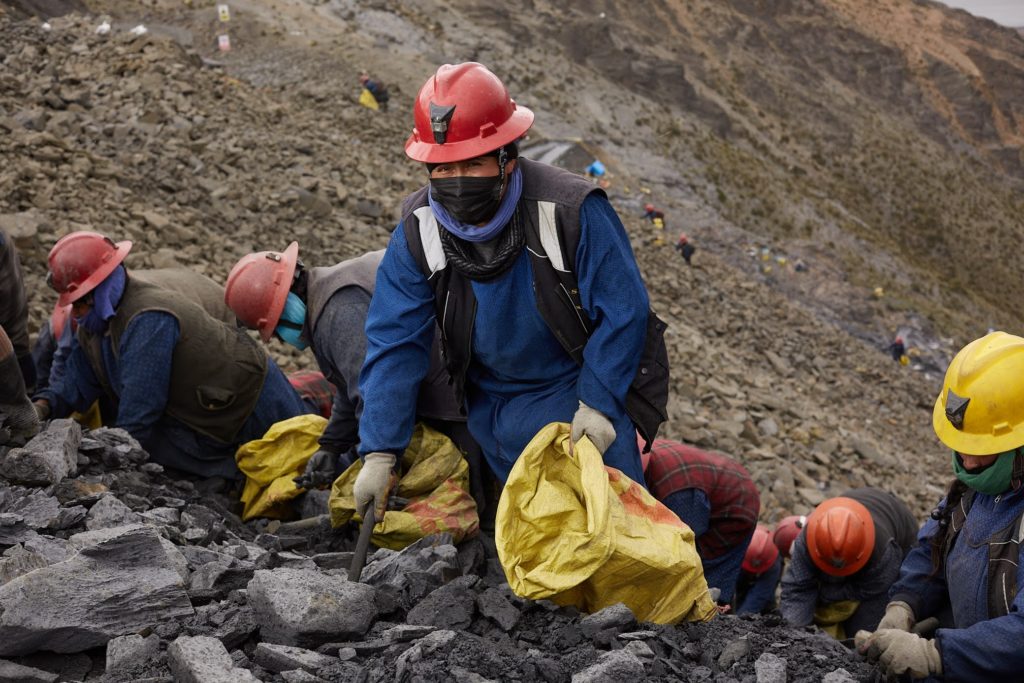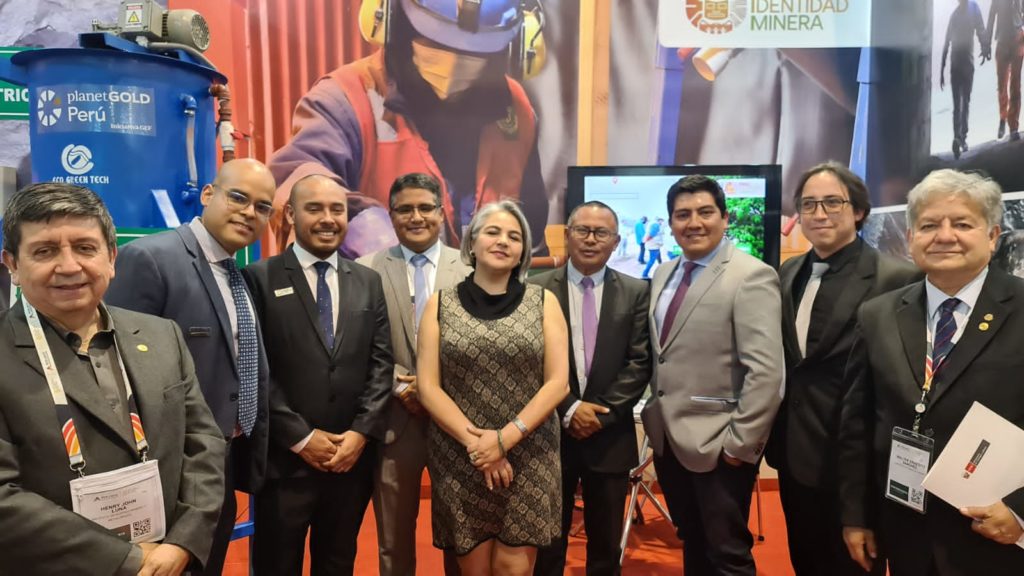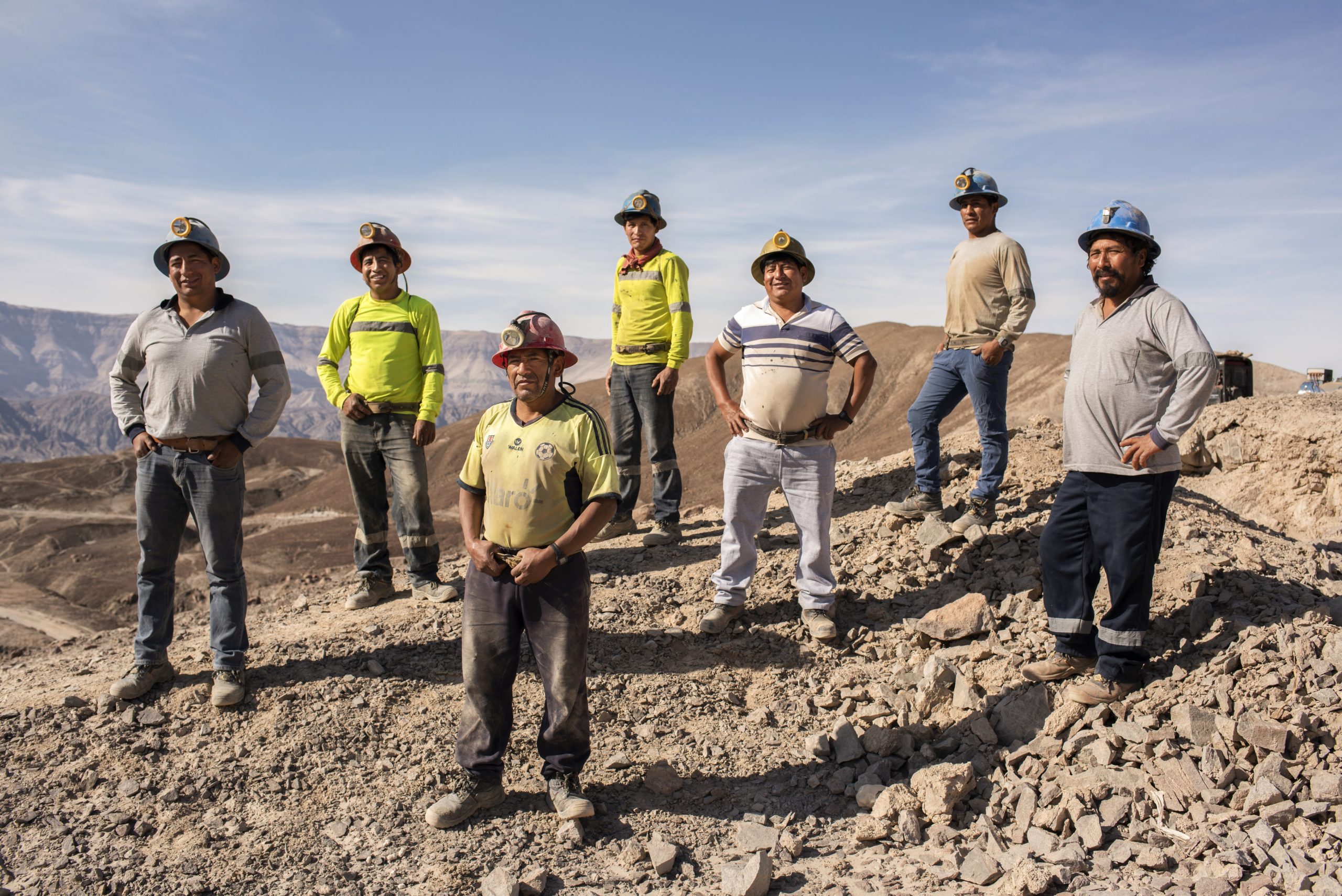The study, “Realities and expectations of ASM in Peru: A qualitative analysis of the Artisanal and Small-scale Mining (ASM) Sector in Peru,” provides a miner-centered overview of the ASM sector in Peru as Solidaridad began the REVALORO project, under the global program RECLAIM Sustainability! funded by the Netherlands’ international cooperation.
Download the Executive Summary (PDF) or Full Report (PDF).
lt is estimated that 20 percent of Peru’s gold production comes from artisanal and small-scale miners. The sector is an important driver of employment in rural areas of Peru, where it provides livelihoods for up to 500,000 people, mostly in areas with high poverty levels.
However the ASM sector has expanded under precarious social, labor and environmental conditions, with little access to formal value chains. Without it, miners are pushed into the black market, and occasionally too close to the illegal economy. Here, credit conditions present legal risks, inflated interest rates, and arbitrary conditions. These miners also rely on middlemen to sell their production, reducing their negotiating power.
Improving conditions requires access to formal financial institutions and markets, which could provide miners with the necessary capital to improve safety and productivity under fair conditions and sale prices. One of REVALORO’s main goals is contributing to the design, development and implementation of a national policy for the ASM sector. The present study is part of this effort, and identifies the barriers that ASM has to overcome in order to unlock its potential to provide decent livelihoods for miners.
CURRENT GAPS IN THE FORMALIZATION PROCESS
Currently, the formalization process in Peru is highly demanding and bureaucratic. ASM miners must meet the same conditions as medium- and large-scale mining companies that have much more capacity and resources to navigate the formalization process. Among the requirements, for example, miners must hold a concession title or an exploitation contract with a title holder. Presently, fewer than 10 percent of miners hold concession titles.
Not surprisingly, out of roughly 90,000 miners in the formalization process at the start of 2022, only 10,000 have completed their process.
ASM women miners are even further behind their male peers. Their primary mining activity, called “pallaqueo”, is not even recognized by the official formalization process in most regions, and remains incompatible with conventional employment models promoted by Peru’s labor laws.
This informality goes hand-in-hand with precarious labor conditions. Very few artisanal miners have employment contracts or access to health insurance or retirement plans. Limited training also results in miners engaging in unsafe practices that eventually become the standard. Missed work due to accident or illness results in lost wages for families that have no other sources of income.

MULTISECTORAL DIALOGUE
Following the collaboration agreement that Solidaridad signed with the Peruvian Government in 2021, Solidaridad is providing technical assistance to public authorities in charge of the ASM formalization process. To date, 120 dialogues sessions have been held to discuss and validate the progress of the new ASM national policy with 476 ASM union representatives, public authorities, private sector stakeholders and experts.
Through these exchanges, private sector actors delivered further evidence to strengthen the process and credibility of ASM Miners, including:
- Banks that indirectly provide loans to small miners reported excellent recovery rates.
- Processing plants showed data on ASM operations’ cash flows, and described the mineralogical characteristics of the deposits they exploit.
- Equipment providers corroborated the miners’ needs for technical assistance and improvement of working conditions.
- And on several occasions, the mining companies attested to the status of formality and level of association exhibited among the ASM organizations present in their concessions.
The new ASM policy was presented at the most recent PERUMIN, the largest mining event in Latin America, with artisanal and small-scale miners in attendance for the first time in 35 years. This sets an important milestone in the development of the Peruvian mining sector, with ASM as a visible and relevant stakeholder. The REVALORO project enables Solidaridad to further promote co-creation of new private policies and business models aimed at integrating responsible ASM into the formal economy to unleash the enormous potential of ASM for rural development.


